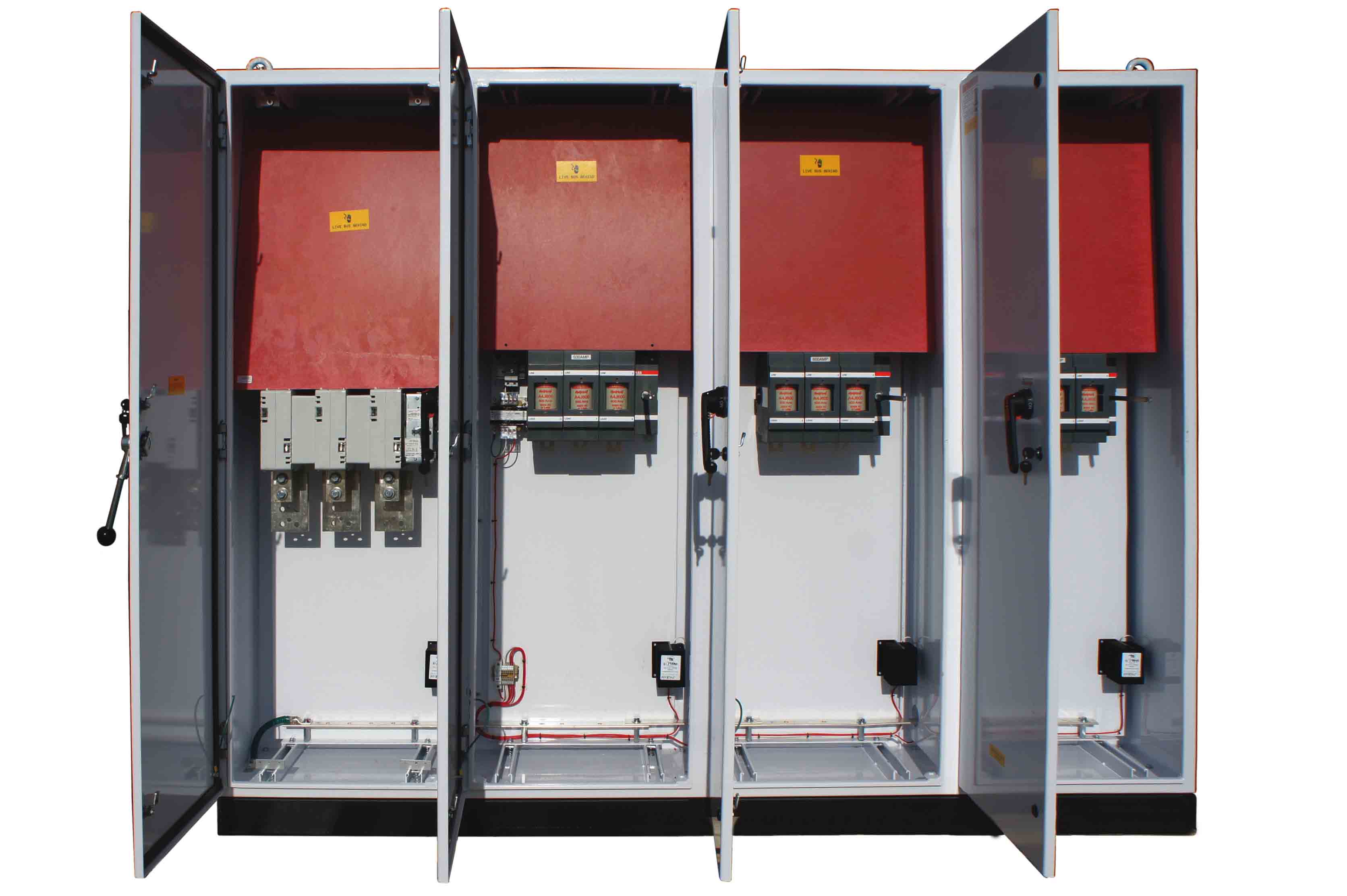Many intelligent field devices are available today, and protocols such as Profibus, Profinet, and Modbus make even the most complicated industrial processes easy to manage. Distributed Control Systems (DCS) or Power distribution control systems increase efficiency, quality, and dependability in the manufacturing process.

Benefits of Power Distribution Control System
-
Face Up to a Complicated Framework
PLC is used to control industrial processes in a fast-paced environment. However, PLC cannot handle more complex structures because of device limitations.
DCS or Distributed Control System contains an integrated distributed controller for each control action, and we can easily design or alter the controller in DCS.
This allows it to handle complex structures.
-
Redundancy of Systems
DCS allows for system redundancy at the primary level. Redundancy increases system reliability by allowing the system to continue operating even when some irregularities occur.
-
HMI
HMI Power distribution control can monitor and manage the entire plant’s equipment through HMI. Data logging and alarming can help the operator better comprehend the operation.
Also Read- Choosing The Appropriate Industrial Automation Controller For A Process
-
Scalable Platform
The DCS framework can be easily scaled by adding more control or process units.
The controller’s I/Os can be readily expanded by adding I/O modules.
-
IT Safety
The power distribution control system is designed to handle system functions for better factory automation control. Engineer, entrepreneur, operator, and more levels of security are also available.
Purpose of a Power Distribution Control System
When it comes to complex production processes, DCSs are employed in many industries, but the petrochemical industry is where they’re most commonly used. It is possible for these and other companies to effectively coordinate adjustments in a top-down manner using the centralized network of computers provided by the DCS.
The DCS distributes and feeds individual controllers’ instructions throughout a facility.
An effective DCS may enhance both safety and production efficiency when used correctly
Also Read- Instrumentation Control Panels and Hazardous Location Panels and Their Uses
Conclusion
In the end, this is all there is to the power distribution control system. Automation of a plant or industrial process can be achieved by using a Power distribution control System. Numerous sectors now employ a DCS, such as the petroleum and refining industries, power plants; water treatment facilities; and automobile manufacturing.
